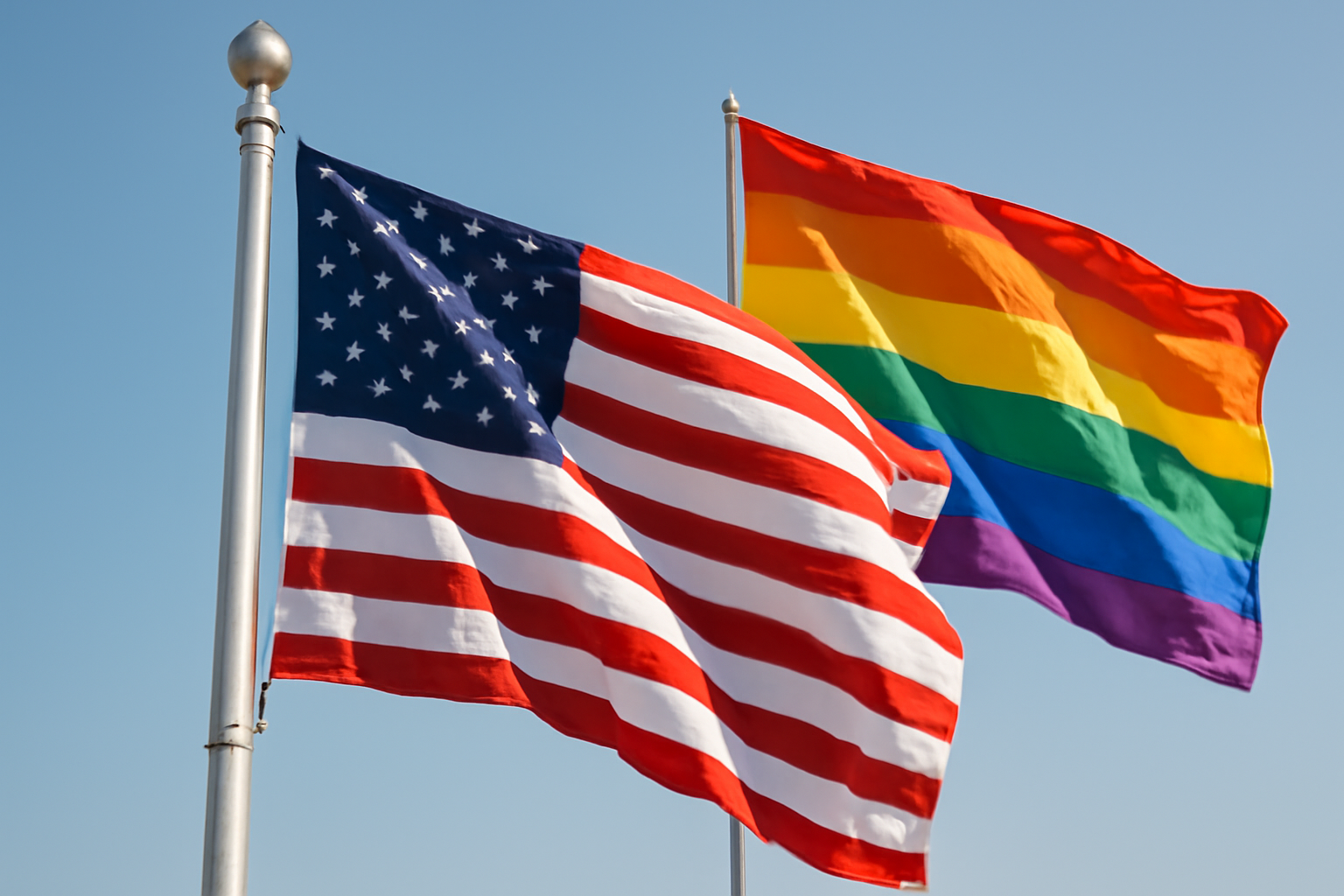
In a surprising move that has drawn both domestic and international attention, the United States has announced its decision to withdraw from a prominent coalition at the United Nations focused on advancing LGBTQ+ and intersex rights. This decision has sparked a wide range of reactions from advocacy groups and political leaders who were taken aback by the announcement.
For years, the U.S. has been an active participant in the United Nations group, which is dedicated to promoting equality, understanding, and support for LGBTQ+ and intersex individuals around the globe. This group has made significant strides in fostering dialogue and action on issues such as discrimination, violence, and legal recognition.
Background of the Coalition
The coalition was established with the goal of bringing together member states to discuss and create policies that protect LGBTQ+ and intersex people. It serves as a platform for sharing best practices, offering technical assistance, and advocating for the inclusion of sexual orientation, gender identity, and intersex status in global human rights discussions.
Over the years, the group has successfully pushed for various initiatives, including the adoption of resolutions condemning anti-LGBTQ+ violence and discrimination, as well as efforts to ensure that LGBTQ+ and intersex issues are included in broader human rights frameworks.
The U.S. Decision to Withdraw
The decision to withdraw came as a surprise to many, given the U.S.'s previous commitments to LGBTQ+ rights on the international stage. According to the State Department, the decision was made as part of a broader review of international agreements and affiliations. While the department did not specify the reasons behind the withdrawal, officials have suggested it aligns with a shift in focus towards bilateral rather than multilateral engagements.
However, this move has been met with criticism. Human rights activists and LGBTQ+ advocacy groups have expressed concerns that the U.S. withdrawal could embolden other countries to reduce their commitments to protecting LGBTQ+ and intersex people.
Responses from the International Community
Countries and organizations around the world have expressed disappointment in the U.S. decision, emphasizing the importance of showing a united front in the fight for LGBTQ+ and intersex rights. Many fear that the absence of U.S. leadership could weaken the coalition's influence and effectiveness.
Diplomats from allied nations have voiced their concerns and urged the U.S. to reconsider its position. Some have highlighted the potential implications for ongoing efforts to combat discrimination and violence worldwide.
Impact on LGBTQ+ and Intersex Advocacy
The decision comes at a critical time when LGBTQ+ and intersex communities are facing increased challenges in many countries. Reports of violence, discrimination, and legal setbacks have underscored the need for continued international cooperation and advocacy.
Many activists worry that the U.S. withdrawal could signal a retreat from its historical role as a champion of human rights. They highlight the need for more, not less, engagement to ensure that international policies reflect the needs and rights of LGBTQ+ and intersex individuals.
In the U.S., advocacy groups are mobilizing to raise awareness and encourage the government to rejoin the coalition. They argue that American leadership is crucial in setting a strong example for other nations and in supporting global efforts to secure equality and justice for all.
Moving Forward
As the situation unfolds, many are calling for renewed efforts to strengthen international partnerships and commitments to LGBTQ+ and intersex rights. Despite the setback, organizations and governments committed to this cause are determined to continue their work, emphasizing resilience and unity.
Advocates are hopeful that ongoing dialogues and pressure from civil society will encourage the U.S. to re-evaluate its stance and return to the coalition. In the meantime, the work to advance LGBTQ+ and intersex rights persists, with or without the participation of the United States.
The importance of maintaining momentum in the fight against discrimination and for human rights cannot be overstated. In a world where progress is uneven, every voice counts in the push towards equality and dignity for all people, regardless of their sexual orientation, gender identity, or intersex status.
Related Posts
Triumphant Trans Woman Wins Legal Battle and Inspires Others to Stand Up for Their Rights
Breaking new ground: a landmark victory in transgender rights After battling in courtrooms and enduring endless challenges, Diana Portillo, a transgender woman, has secured a monumental victory in her decade-long fight against workplace discrimination. The result? Nearly $1 million awarded in a historic settlement. But this isn't just a win on paper—it represents a powerful precedent in combati [...]
Pride Month in Latin America: Protests and Demands for Equality
**Celebrating Pride and advocating LGBTQ+ rights in Latin America** Pride Month in Latin America was a lively mix where celebration met activism. Communities united, not just throwing a party but making a stand—demanding equality and pushing governments toward better protection and rights recognition. Throughout Latin America, pride events erupted in marches and cultural displays, each with a c [...]
Transgender Erasure Actions Implemented by National Park Service
```html Trump administration's impact on national park service and transgender recognition The Trump administration made notable moves in undermining transgender representation, which included directing agencies like National Park Service not include "T" and "Q" when they refered “LGBTQ” in any official communication. This move seems part a broader plan by this administration aimed at reducin [...]